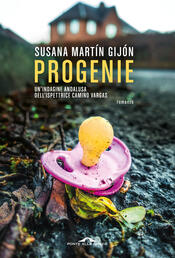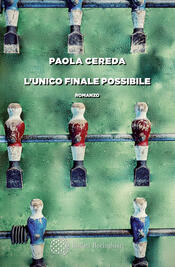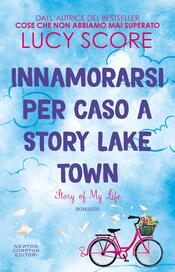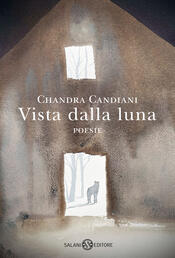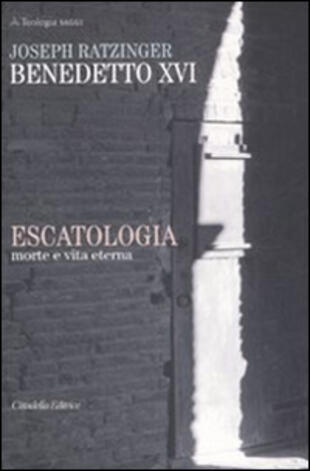

Sinossi
Il testo di Josef Ratzinger condensa delle profonde riflessioni sul senso della morte, inquadrando tale evento entro una cornice teologica con particolare riferimento alla cristologia: "Morire significa essere con Cristo" (Fil 1,34). Se lo studio dell'autore comprende vari ambiti di interesse, sia nell'ordine storico-biblico che escatologico-apocalittico, il punto nevralgico di questa riflessione è l'apprendimento-scoperta del valore e del significato che la morte, intesa come evento umano, rappresenta per il credente. Secondo l'autore ha senso, perciò, progredire nella conoscenza della morte secondo quella che lui stesso definisce "la novità cristiana", oltrepassando così, da un lato, l'antica prospettiva greco-pagana, dove seppur non in maniera totale e definitiva la morte segnava la fine dell'essere uomo nella totalità-coordinamento di tutte le sue funzioni vitali e individuali, destinato ad un ambiguo futuro essere nel non essere, sostanzialmente entro una visione dualistica corpo-anima; dall'altro, nell'AT "tutto ciò che è connesso con la morte è qualificato come impuro, anche il culto dei morti", e perciò la morte segna anche qui uno "smaltimento" (seppur non di tipo dualistico come per i greci) dell'uomo destinato ad un'esistenza d'ombra nello Sheol.
- ISBN:
- Casa Editrice:
- Pagine: 304
- Data di uscita: 01-01-2013
Recensioni
Parts of this are so dense I can't say I came even close to understanding them. Ratzinger meticulously outlines theological views throughout Christian, Jewish and pagan timelines before he comes to a point of synthesis. These are tough to cut through, but they lead to high points such as "The Theolo Leggi tutto
Ratzinger's text on eschatology is likely still one of the better volumes on the subject, and one of his best works, in my opinion. In this book, he traces the development of the concept of afterlife from pre-Christian Judaism and Hellenism through history to now, discussing the validity of our own
Not for the faint of heart; some tough sledding, but the effort is worth the view.
I picked up this book because I recently finished a MA in Theology and I wanted to keep my brain active even though I wasn't taking classes anymore. This book is definitely not for beginners! I probably only understood about 50% of it, but what I did understand was exquisite. Understanding even a li Leggi tutto
"Let us say it once more before we end: the individual's salvation is whole and entire only when the salvation of the cosmos and all the elect has come to full fruition."
Quite a theologically dense but nourishing text. His long section on the theology of death will provide one many different points to ponder over, particularly in relationship to Christ and the church. I also found his reflections on the notion of judgment and the eternal life of heaven to be quite b Leggi tutto
This is the first book in my long-term investigation of issues related to eschatology, or life after death. Since I'm getting older I feel it's an important topic to explore. Pope Benedict's book is a highly technical and theological exploration-if you don't have an advanced degree in theology or Sc Leggi tutto
Very deep and a difficult read for those not well grounded in the subject. Extensively based on prior German authors on the subject.
Having now finished it, I think the definitive theme must be development of doctrine. Ratzinger is at pains to show the history of doctrines and how they follow an unfolding trajectory. As philosophy develops we gain new conceptual tools that help us to build on Scripture and Tradition in a clearer
Citazioni
Al momento non ci sono citazioni, inserisci tu la prima!




